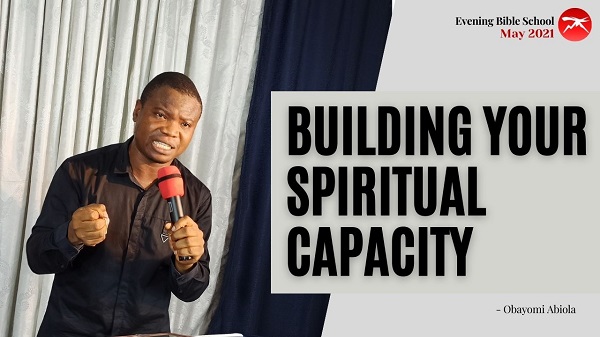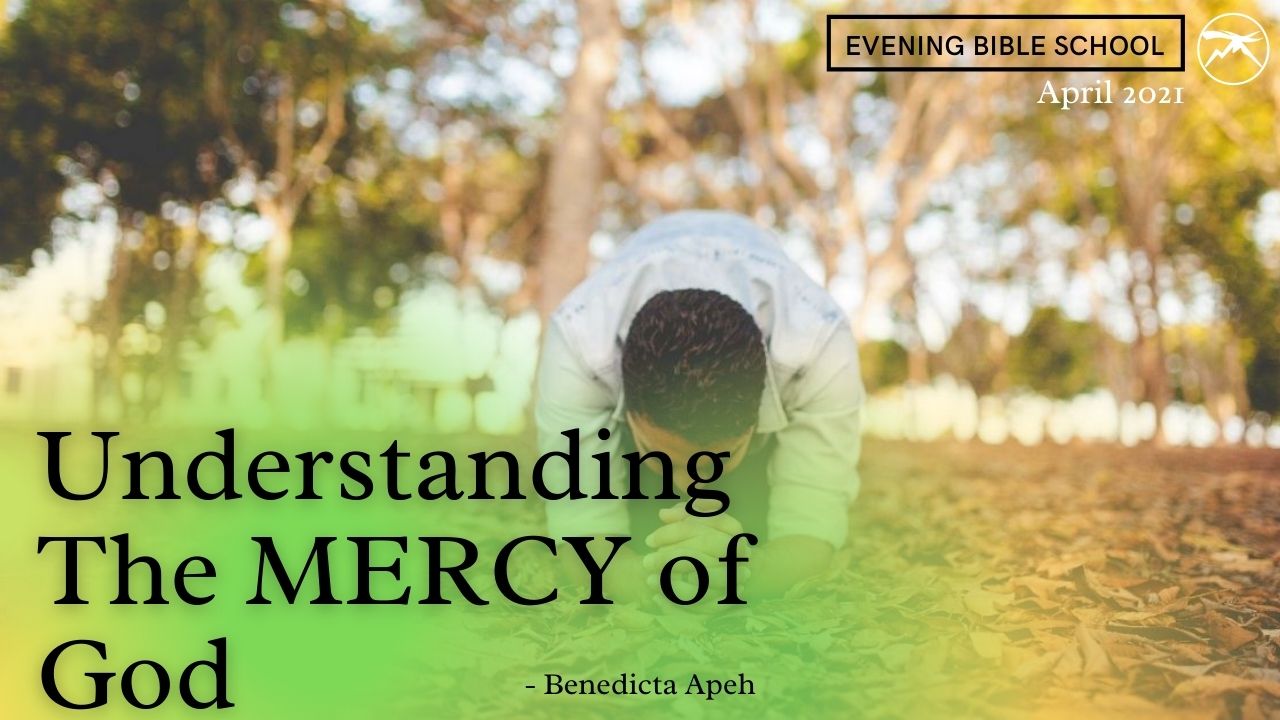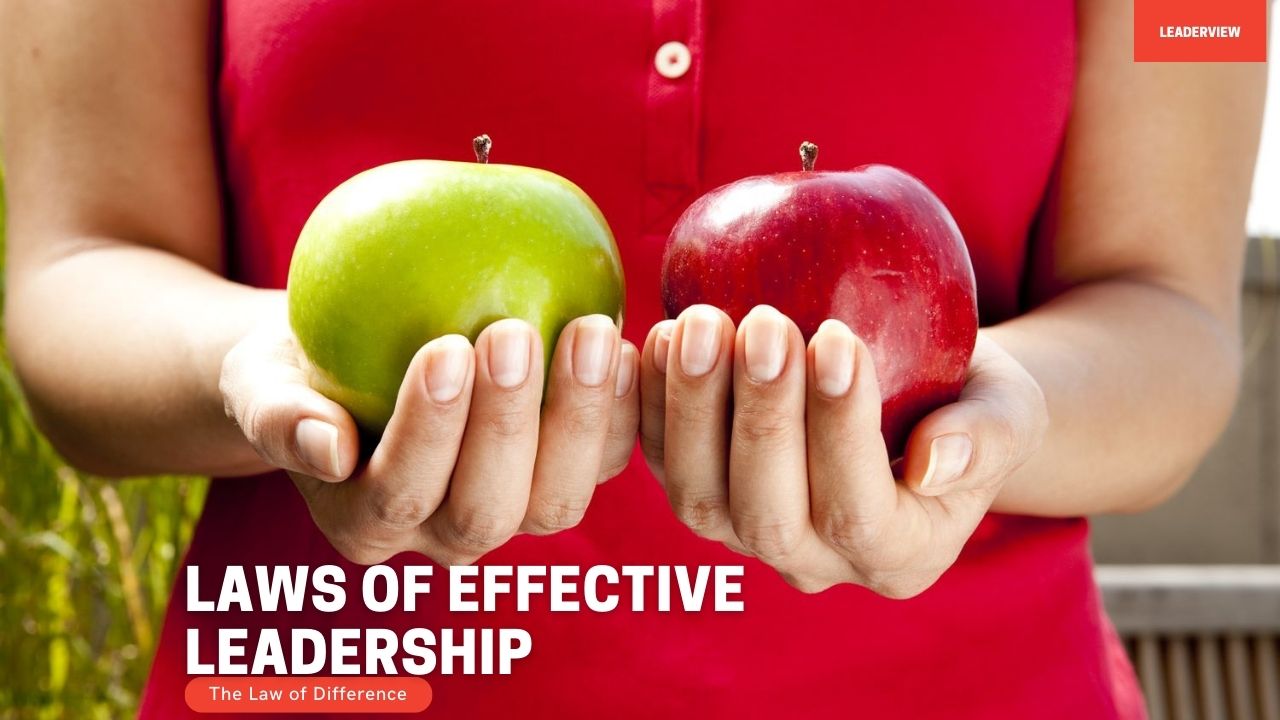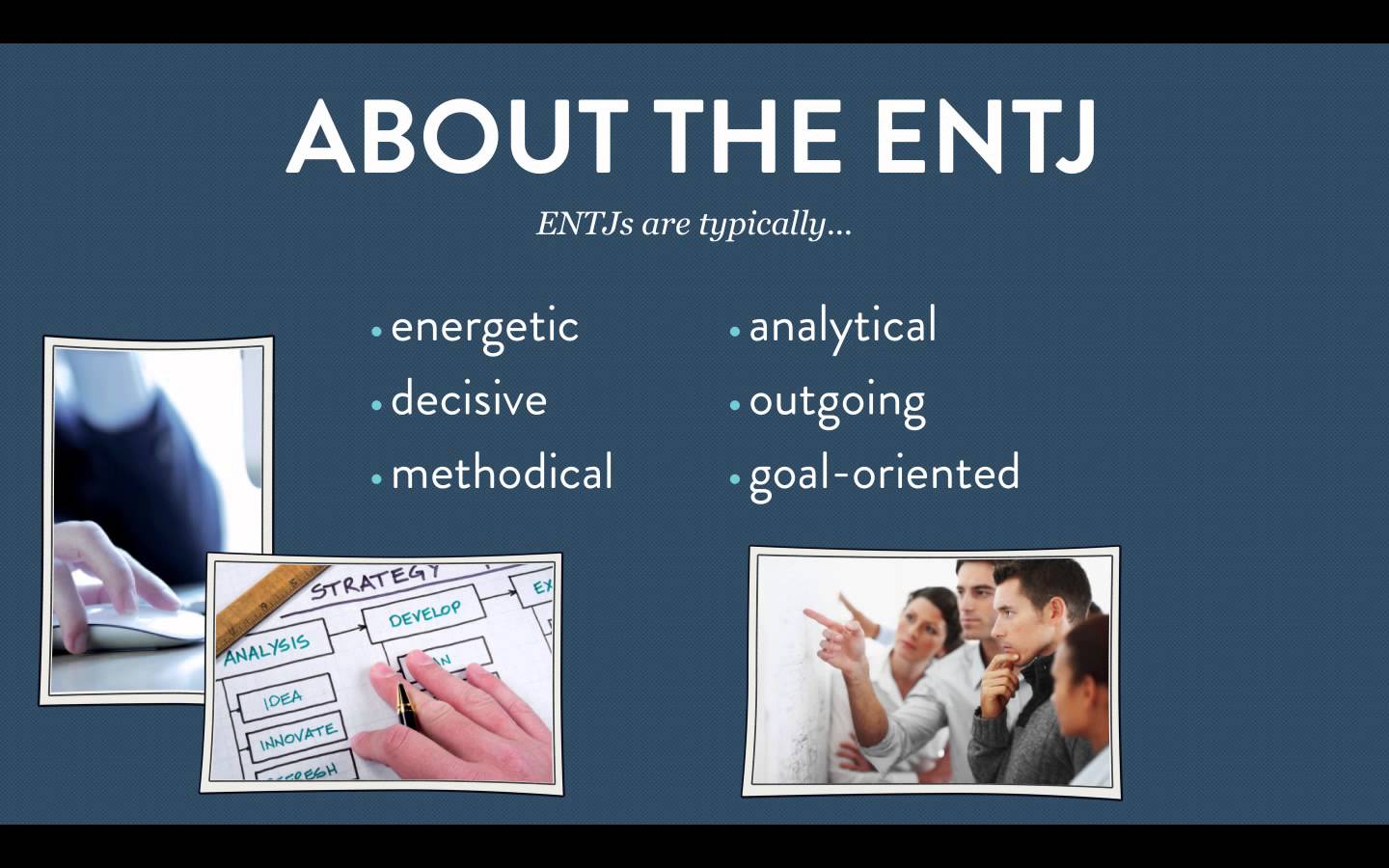Matthew 25:21 says; “His lord said to him, ‘Well done, good and faithful servant; you were faithful over a few things, I will make you ruler over many things. Enter into the joy of your lord” This was a word of commendation accompanied with rewards and the activity that necessitated the reward. He called it faithfulness in the little things. This is one powerful verse that opens us up to a leadership principle called faithfulness in little things. Hudson Taylor once said; "A little thing is a little thing, but faithfulness in the little things is a great thing."
As we discuss the first principle of leadership, it is also important to discover first the first leadership assignment that was given to man. Because without this understanding, we won’t know why this virtue is required from us by God. And what was the first leadership assignment of man? It was clearly spelt out in Genesis 2:15, the Bible says; “Then the Lord took the man and put him in the garden of Eden to tend and keep it.” To tend and keep the garden means to take care of the garden on behalf of God. This automatically makes the man a steward of Gods garden. And what does it mean to be a steward? A steward could also be called a manager; He is one who is given or saddled with a burden or the responsibility to take care of something on behalf of someone else.
This means that the first leadership assignment hanging on the destiny of every man from time immemorial is to manage the earth on behalf of God irrespective of the man’s calling, carrier, disposition or background. And one necessary requirement for any leader who has been given this task or responsibility is faithfulness. The Scripture says in 1 Corinthians 4:2, “In this case, moreover, it is required [as essential and demanded] of stewards that one be found faithful and trustworthy.” [Amp.] So, haven been put in the garden to tend and keep, God required the man to be faithful and trustworthy anything outside of these two factors is called unfaithfulness.
There are two basic factors that accompanies faithfulness, they are: number one; Making the best use of something. Number two; Bringing out the best in something. These two factors accompany every faithful steward. You may think these two statements are the same but they are not. The former talks about maximizing and exploring potentials by putting it to use according to required or stipulated principles and practice, while the latter talks about discovering and uncovering potentials which were never obvious to others. So, it is not enough to discover and uncover, how you maximize what you have discovered or uncovered is very important. This is what defines the scope of effectiveness in leadership.
So, when God put the man in the garden to tend and keep the garden, Gods expectation for the man was to make the best use of the garden, by preserving and protecting it. That was why Jesus said we are the salt of the earth. If preservation and protection is not found in your stewardship it means faithfulness is also not in your stewardship. See the prayer Jesus made in John 17:12, it says; While I was with them, I protected them and kept them safe by that name you gave me. None has been lost except the one doomed to destruction so that Scripture would be fulfilled. In another place in 1 Samuel 17 verse 34 to 36; David said to Saul, “Your servant has been keeping his father’s sheep. When a lion or a bear came and carried off a sheep from the flock, I went after it, struck it and rescued the sheep from its mouth. When it turned on me, I seized it by its hair, struck it and killed it. Your servant has killed both the lion and the bear. These two Scriptures paint a picture of what it means to tend and keep the garden.
The expectation God had for the man from that verse in Genesis 2:15 is to make the best use of the provisions made for him in the garden, and to discover secrets hidden in the garden. A lot of good were hidden in the garden, but if the garden was going to benefit man, then it is to the degree of how much discovery the man makes. It is the glory of God to conceal a matter, it the glory of kings to search it out. So, what is the parameter for measuring faithfulness?
The parameters for measuring faithfulness in leadership is the ability to give or add value. Meaning that things or the work of tending and keeping ought to prosper; things are not permitted to fail or die in your hands. What does that mean? It means that in order to check how faithful you are in stewardship or leadership; it is to the degree of how much value you can add or have added to the kingdom. The point I am trying to make is this; whatever has been committed into your hands, whatever the resources; whether human or material, if you don’t make them better than what they are, then you haven’t been faithful at all. Making them better than they are is simply talking about the fact that you have to make them become valuable or profitable.
Unfaithful, wicked, unprofitable servants have the character of burying their talents. And this must not be so among leaders who desire to be world changers. Adding value is a very unique character of God; the Bible says in Genesis chapter 2:7 that God formed man of the dust of the earth. In other words, as intelligent as man is, as beautiful as the product called man turned out to be, it was once a dust, lifeless and inconsequential. The Scripture says; he was formed from something minuet, irrelevant or negligible. What this means is that leaders must possess the ability to give life to things which hitherto had no meaning or considered irrelevant. That is why His Spirit is a quickening Spirit, He quickens the dead, He quickens dry bones, He quickens weak men to become valiant and mighty.
The Scripture recorded that certain men came to David at the cave of Adullam in 1 Samuel 22:2, and the Bible described them as being broken, battered, indebted and discontented. But they never remained that way. There was a process David subjected them to that brought out the gold-potential in them. They became mighty, they became giant killers, the coming together of those men was likened to a great army like the army of God. What kind of process did David subject them to that they were transformed from fallen men to men who become strong? Should we conclude that David was a faithful leader? Yes he was!
And this began to imprint and emphasize this in my consciousness, that what will make you different from other leaders is in your ability to never let anything die in your hands. If you can cultivate that habit then you become exceptional, making your life give glory to God. The responsibility of tending and keeping goes deep beyond what we can imagine except the Holy Spirit reveals it to us. God demanded that nothing should die and be buried in the garden because whatever Adam touches was meant to prosper and also have a multiplying effect. so, how is faithfulness proven in leadership?
Genesis 47:20 says; So, Joseph bought all the land of Egypt for Pharaoh; Why didn’t he buy it for himself since he has become a prime minister? I see faithfulness there. Joseph didn’t see the position, he saw faithfulness. See the concluding part of that verse; for every Egyptian sold his field because the famine was severe upon them. So the land became Pharaoh’s. This is exactly what God expects from every man. That we may draw men to Him, that we may become valuable to Him, making sure that He doesn’t run at loss as we handle the kingdom business for Him. God speaking about Moses, He said he is faithful in all my house. What will God speak concerning you? Will He say you are faithful?
When He was making this statement, it was in defense of Moses; so faithfulness to God can make God defend His stewards. In conclusion, Rewards are meant for the faithful, Jesus said behold I come quickly and My reward is with Me. Rewards are not meant for the unfaithful, it is not meant for those who refuse to add value, it is not meant for those who refuse to tend and keep. It is meant for those who will maximize their potentials, for those who will be deliberate to discover their potentials and make it profitable for the kingdom.
So, your faithfulness as believer must never be towards men but towards God. It is when you are faithful to God that men count you to be a faithful person. And Until you focus on being faithful to God there will never be a witness in the hearts of men that you are faithful to men. So, whatever you do, do it as unto the Lord. The three Hebrew brothers knew they should be faithful to God, Joseph knew that his account is to God and not to men. Apostle Paul said in Galatians 1:10, For do I now persuade men, or God? or do I seek to please men? for if I yet pleased men, I should not be the servant of Christ. This is the posture of a faithful man.
In Ephesians 6:6. Apostle Paul said; “And do this not only to please them while they are watching, but as servants of Christ, doing the will of God from your heart.” Your faithfulness is not measured when people are watching, it is measured by your secret place, it is measured by what you do and the motive for doing what you do. That was why Apostle Paul said here that servants should do His will from their heart. Because God does not look at the outward appearance of a man, He looks at the heart. What is the posture of your heart towards the assignment He has committed into your hands? Because your answer to this question will determine your faithfulness to a certain degree or to a large extent.
So, God expects the man to tend and keep the garden whether He is present or absent. Because, Gods coming is about giving accounts as to what was done in His absence. How are you tending and keeping Gods garden? Are you faithful in the little?
Thanks for the gift of your time, Apeh Francis Abah!
Feel free to share your thoughts or testimony in the comment box below. I promise to respond as soon as possible!












































What Do You Think About This Article? Share Your Comment
Please login to post a comment!